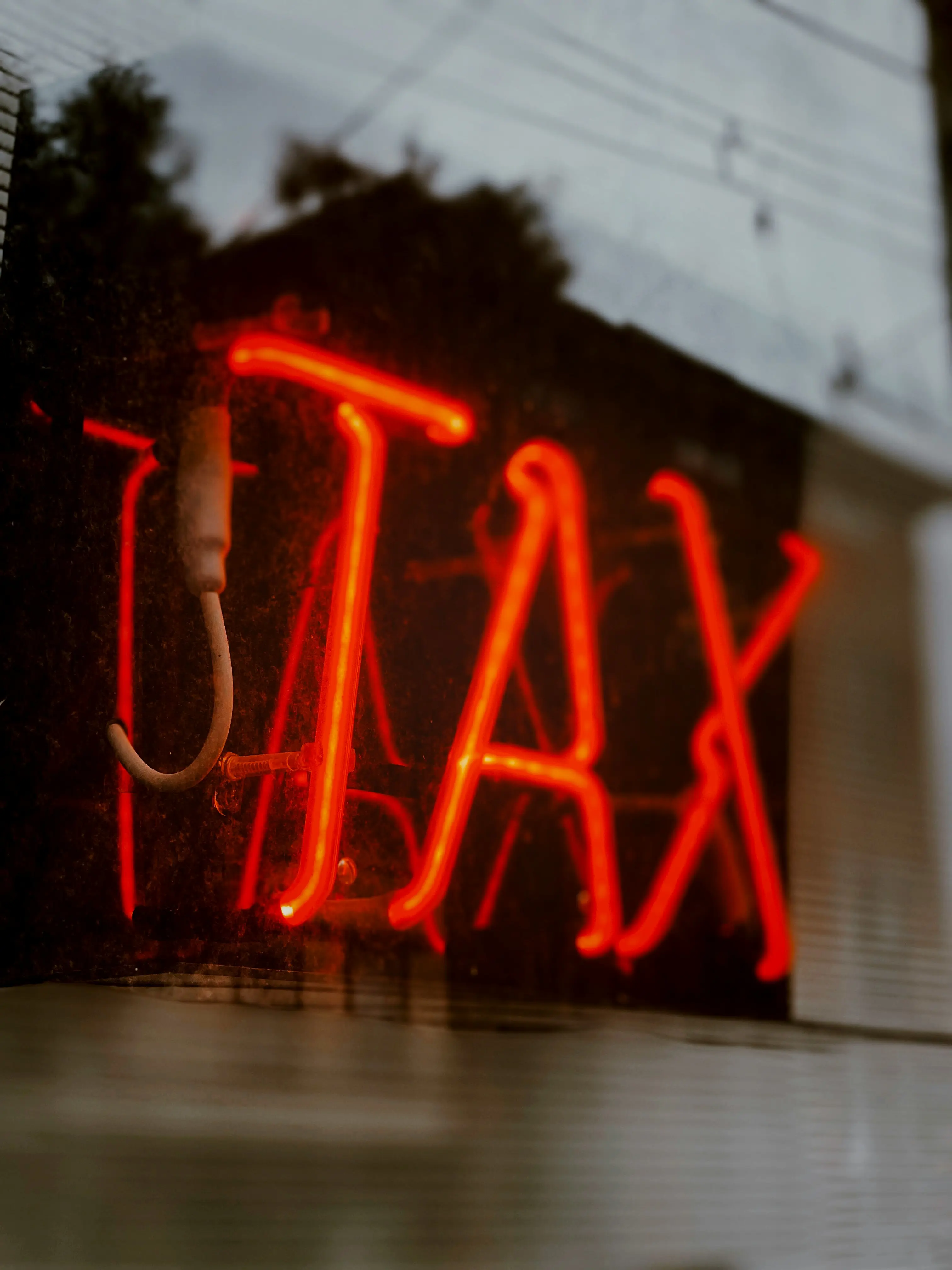Americans Hate Taxes Except When They Actually Fund Schools, Roads or Safety

If there's one thing Americans agree on, it's that taxes can be confusing, and emotionally charged. But according to MIT political scientist Andrea Campbell, the story is far more complicated than “no one likes paying taxes.” Her new book, Taxation and Resentment, delves into decades of opinion data to discover a striking paradox: people adore progressive taxation in principle, but support regressive levies in practice.
Campbell pulled together surveys dating back to World War II, plus original polling, to explore this mismatch. At an abstract level, most Americans say they favor progressive systems, where wealthier individuals shoulder more. But when real taxes appear, such as sales taxes, payroll deductions, or estate levies, public sentiment often tilts toward regressive structures.
Why? Several reasons emerge:
Simplicity over equity: Flat sales taxes seem fairer because "everyone pays the same," even though they disproportionately hit lower-income households.
Visible vs invisible taxes: Tangible taxes trigger more scrutiny, especially income taxes with complex deductions, while modest, everyday levies slip under the radar
Trust in earmarked spending: People tolerate taxes tied to visible services, like veterans' benefits or infrastructure, but balk at vague or recurring charges
Campbell also ties tax attitudes to racial and ideological identities. She finds that specific groups, notably white respondents with racial resentment, are more vehemently anti-tax than simple income analysis would predict news.mit.edu+3books.google.com+3ResearchGate+3. Interestingly, opposition isn't just conservative: Independents often exhibit the strongest anti-tax sentiment, even more than Republicans.
Yet all groups tend to support government spending, especially on things like education or clean water, suggesting the issue isn’t willingness to pay, but mistrust in how tax money is used.
Campbell argues the tax debate boils down to two steps:
People demand fairer tax policies in principle.
They reject tax systems they perceive as unfair, invisible, or opaque.
The takeaway for policymakers? You need both a fair tax structure and public trust in how the revenue is managed. Transparency, simplicity, and clear connections between tax and visible benefits can help bridge the gap.
As Campbell puts it, “Taxation and resentment shapes democracy.” Recognizing that Americans aren’t flatly anti-tax, but deeply sensitive to fairness and visibility, could help lawmakers design systems that align policy goals with public will.